
DYAMOND – Next Generation Climate Models
At a very basic level the main job of the climate system is to redistribute energy, specifically solar energy that is received from the sun is…
A CERN for Climate Change
In a Perspective article appearing in this week's Proceedings of the (USA) National Academy of Science (PNAS), Prof Tim Palmer (University of Oxford,…
Gravity waves in convection-permitting simulations
In a new study published in the Journal of the Atmospheric Sciences Dr Claudia Stephan and Dr Hauke Schmidt from the department “The Atmosphere in…
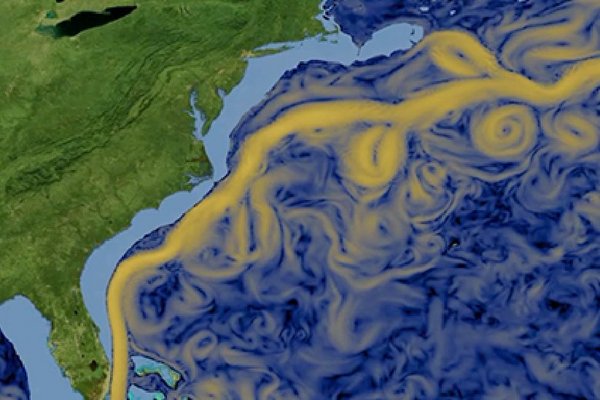
Ocean modelling at MPI-M – from LSG to ICON-O
The Max Planck Institute for Meteorology (MPI-M) has a long tradition of creating general circulation models of the ocean in order to pursue its…

New estimates of the future effect of air pollution on Earth´s radiation budget
Almost all IPCC scenarios for 2015 to 2100 show a reduction in the air pollution by anthropogenic aerosols for the future, but their effects on the…
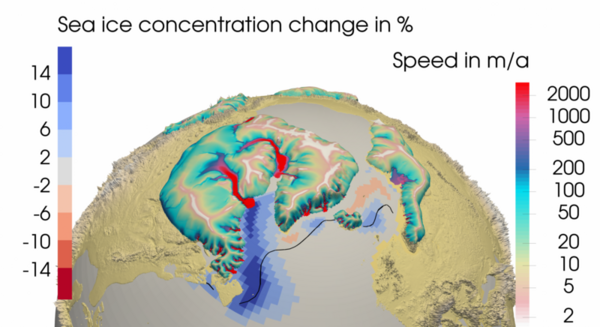
Freshwater release and elevation loss affect climate during Heinrich events
A team of researchers around Dr. Florian Ziemen in the department "The Ocean in the Earth System" at the Max Planck Institute for Meteorology (MPI-M)…
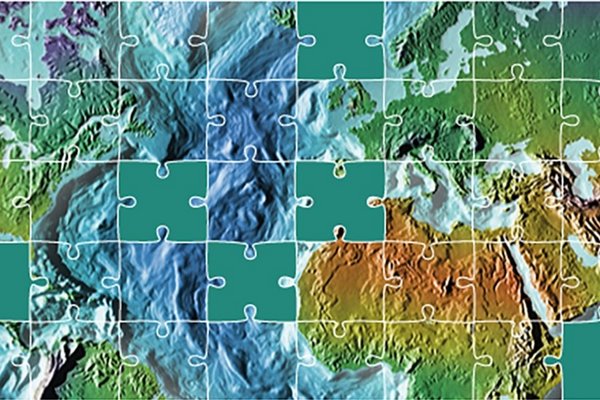
Conceptual modeling at MPI-M
The Max Planck Institute for Meteorology (MPI-M) develops complex Earth system and climate models. To investigate and understand processes, the…

More peat carbon in warm climates
In a ground-breaking study Dr Thomas Kleinen and Prof. Victor Brovkin from the Department "The Land in the Earth System" at the Max Planck Institute…
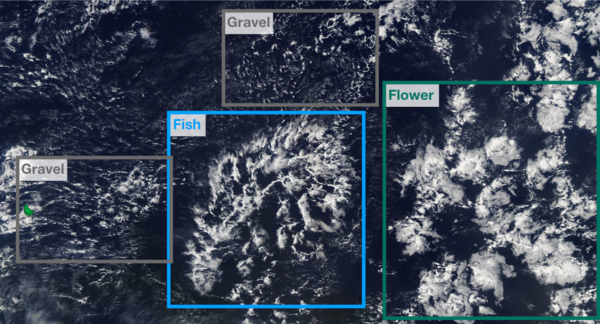
Artificial Intelligence for the Earth system
A new study, published in Nature by German scientists from Jena and Hamburg, with lead author Prof. Markus Reichstein, managing director at the Max…
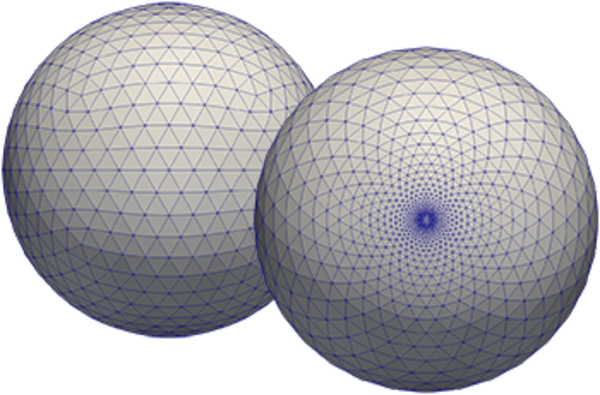
Great success in the development of the ocean model ICON-O
Peter Korn, scientist in the department “The Ocean in the Earth System” at the Max Planck Institute for Meteorology (MPI-M), presents the current…

New study: What would happen to the climate system if Earth turned the other way around?
To further improve our fundamental understanding of the effects of the topography and rotation on the climate, a team of scientists performed and…
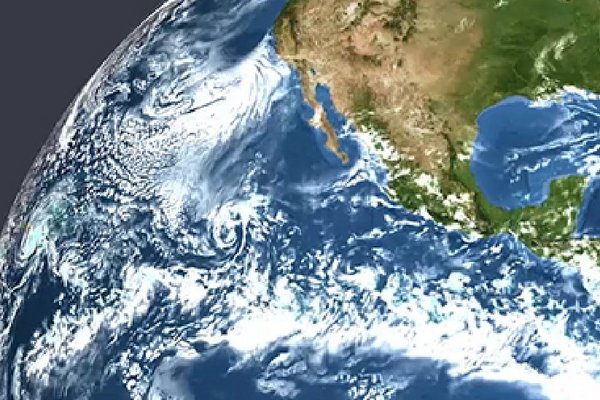
ICON-ESM – MPI-M´s next-generation Earth system model
Climate and Earth system models are applied to simulate the past, present, and projected future climate, and to advance understanding of processes…

